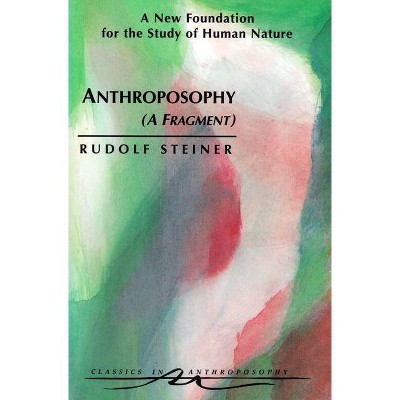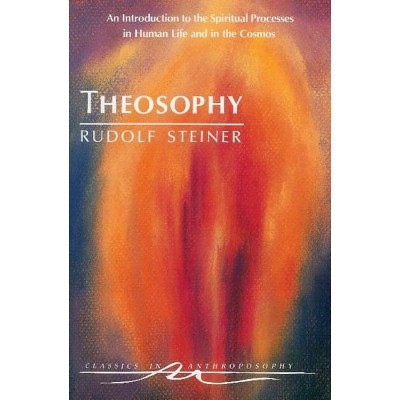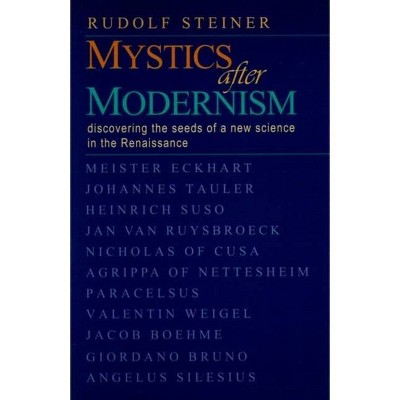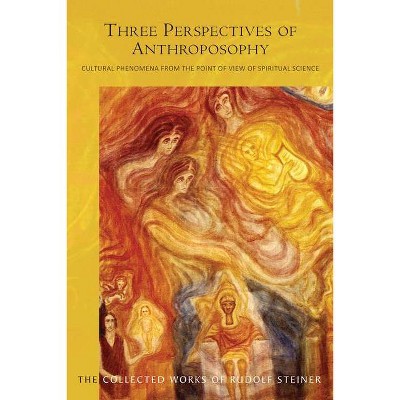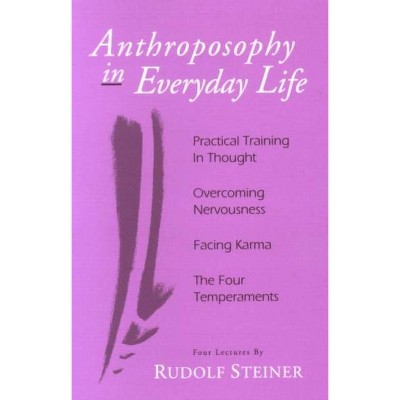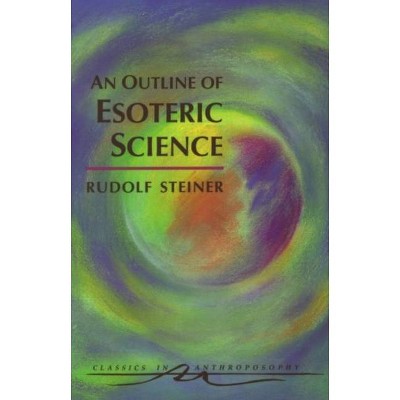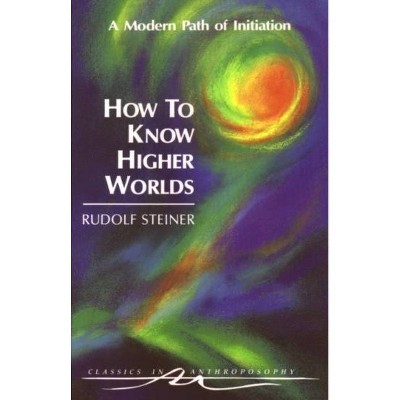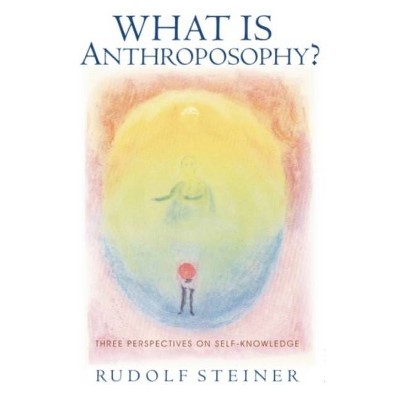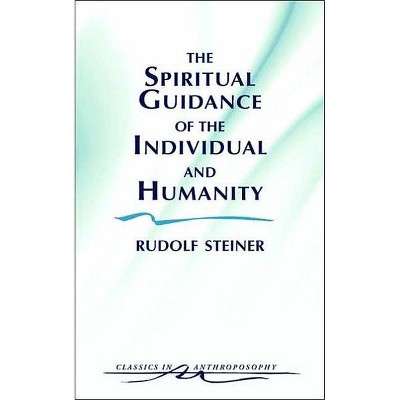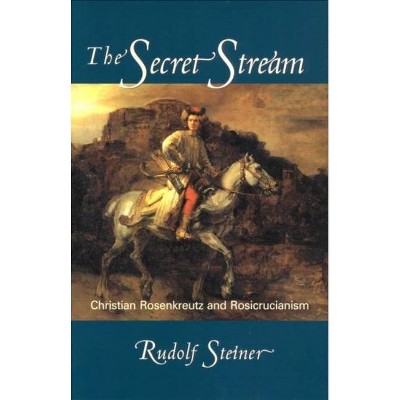Nature's Open Secret - (Classics in Anthroposophy) by Rudolf Steiner (Paperback)
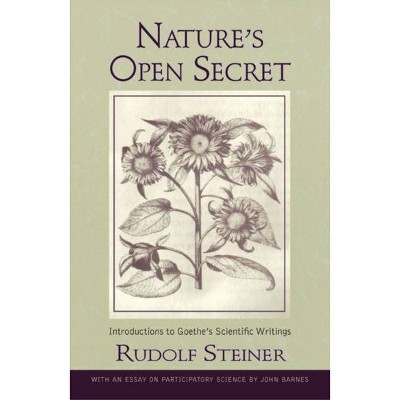
Similar Products
Products of same category from the store
AllProduct info
<p/><br></br><p><b> Book Synopsis </b></p></br></br><p><i>The holistic paradigm, Gaia, deep ecology, and new alchemy all have a hidden ancestor: Johann Wolfgang von Goethe (1749-1832).</i></p> <p>At the youthful age of twenty-one, Steiner was chosen to edit Goethe's scientific writings for the principle Goethe edition of his time. Goethe's literary genius was universally acknowledged; it was Steiner's task to understand and comment on Goethe's scientific achievements. Steiner recognized the significance of Goethe's work with nature and his epistemology, and here began Steiner's own training in epistemology and spiritual science.</p> <p>This collection of Steiner's introductions to Goethe's works re-visions the meaning of knowledge and how we attain it. Goethe had discovered how thinking could be applied to organic nature and that this experience requires not just rational concepts but a whole new way of perceiving.</p> <p>In an age when science and technology have been linked to great catastrophes, many are looking for new ways to interact with nature. With a fundamental declaration of the interpenetration of our consciousness and the world around us, Steiner shows how Goethe's approach points the way to a more compassionate and intimate involvement with nature.</p> <p><strong>Contents: </strong></p> <p>Editor's Introduction</p> <p>1. Introduction by John Barnes<br />2. The Origin of Goethe's Concept of Metamorphosis<br />3. The Origin of Goethe's Thinking on Animal Morphology<br />4. The Nature & Significance of Goethe's Writings on Organic Morphology<br />5. Goethe's Way of Knowing<br />6. Concluding Remarks on Goethe's Morphology<br />7. The Arrangement of Goethe's Scientific Writings<br />8. From Art to Science<br />9. Goethe's Theory of Knowledge<br />10. Knowledge & Action in the Light of Goethe's Ideas<br />11. Goethe's Way of Thinking Compared to Other Views<br />12. Goethe and Mathematics<br />13. Goethe's Fundamental Geological Principle<br />14. Goethe's Meteorological Ideas<br />15. On the Subjectivity of Sensory Perceptions<br />16. Goethe As Thinker & Researcher<br />17. Goethe versus Atomism<br />18. Goethe's Worldview in His <i>Verses in Prose</i></p> <p>Essay by John Barnes: "Participatory Science As the Basis for a Healing Culture"</p> <p><i>Nature's Open Secret</i> is a translation of <i>Goethes Naturwissenschaftliche Schriften, Einleitungen, </i> (1884-1897). Previous translations were titled <i>Goethe the Scientist</i> and <i>Goethean Science.</i></p>
Price History
Price Archive shows prices from various stores, lets you see history and find the cheapest. There is no actual sale on the website. For all support, inquiry and suggestion messages communication@pricearchive.us
